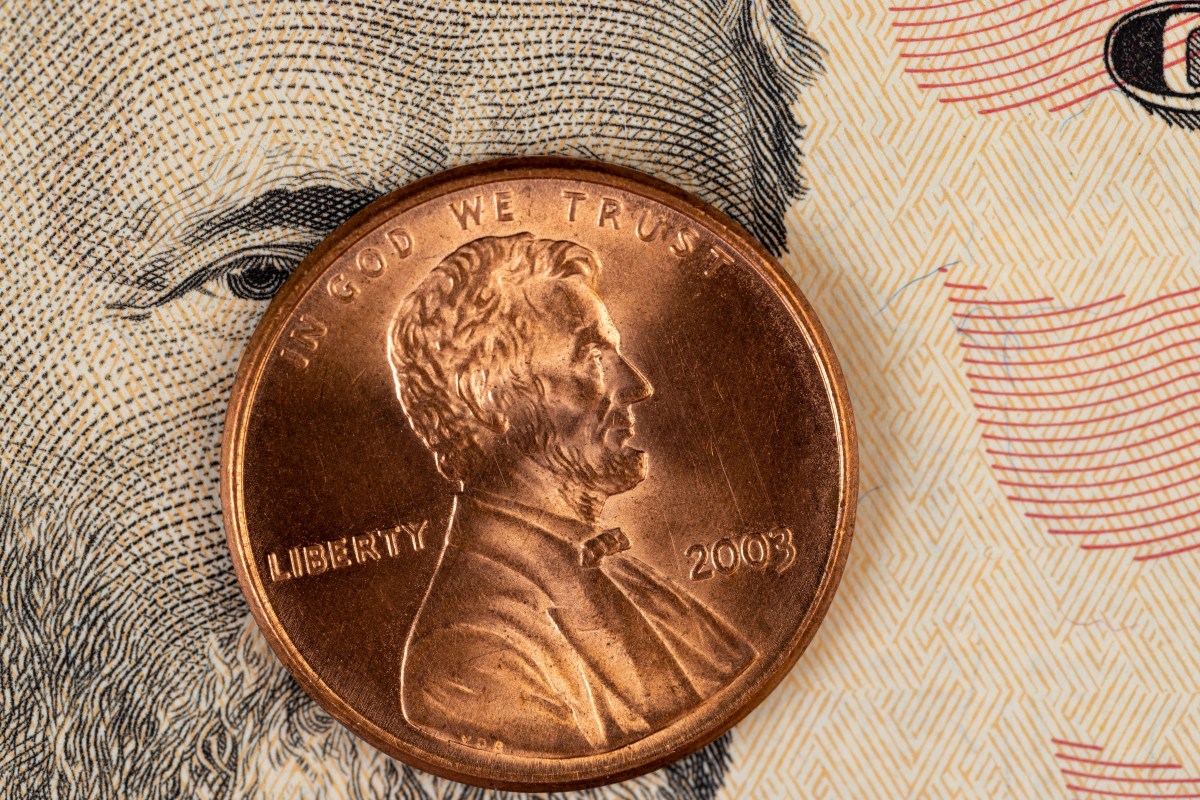More than 1,000 tons of rubbish are processed daily at a modern recycling plant in Mexico City to make materials such as plastic, aluminum, paper and cardboard profitable, while at the same time reducing pollution.
It is a station for the transfer and selection of solid waste generated in the northern sector of the capital, where reusable materials are separated, preventing them from reaching open air dumps.
“Instead of taking the waste to a sorting plant, it is processed here and that will lead to greater savings and greater use,” Jesus Esteva, the city’s Works Secretary, told reporters on Friday.
According to the official, this newly opened space can receive up to 1,400 tons of garbage per day, of which 1,000 enter a factory that classifies it according to its characteristics.
Another 400 tons, consisting of organic waste, is redirected to a composting plant in the megacity, which has a population of 9.2 million.
According to Esteva, the new complex is the latest of its kind in Latin America, using German technology equipment such as “trommel or optical, ballistic and magnetic separators”.
The secretary expects that the sale of recyclables will generate income for the city for 48 million pesos a year (about $2.4 million).
He added that reducing its shipment to landfills would save 40 million pesos annually (about $2 million).
“The factory will pay for it in four years because it costs 385 million pesos (about 19.25 million dollars),” the official said.
– Biofuel –
With an area of 11,000 square meters, the plant automatically separates 300 tons of garbage which is converted into biofuels for the cement company.
Another 60 tons of paper, cardboard, PET containers, plastic bags, films, aluminum cans, textiles and glass will be sold to generate income that will be used to maintain the machines.
“The waste unloaded by the collectors will enter a separation process in which we will try to recover what (…) we can use later,” Ricardo Estrada, deputy director of maintenance, told AFP.
Each day, this space will receive about 300 collection trucks from four of the 16 municipalities that make up Mexico City, which generate about 13,000 tons of garbage per day, according to official data.
Since the end of 2018, the mayor’s office has sought to reduce the amount of daily waste taken to landfills to 3,000 tons or less, most of which are located in the neighboring state of Mexico.
In 2018, those deposits amounted to 8,100 tons of rubbish, a number that has fallen to 6,100, according to the government led by Mayor Claudia Sheinbaum, which has banned single-use plastics.
Authorities have been working for a decade to get Mexico City residents to comply with regulations to separate organic and inorganic waste and promote its recycling.

“Music buff. Social media lover. Web specialist. Analyst. Organizer. Travel trailblazer.”

:quality(70):focal(917x454:927x464)/cloudfront-us-east-1.images.arcpublishing.com/elfinanciero/IK6YWCPEYFBRRFEKOPGFRQXC54.jpg)





More Stories
La Jornada – Now Roberto Canseco is accused of assaulting the Mexican Embassy
China says Argentina is its “strategic partner” ahead of the bilateral meeting
Edmundo González rejected the new exclusions imposed by Maduro: “We must restore the rule of law”